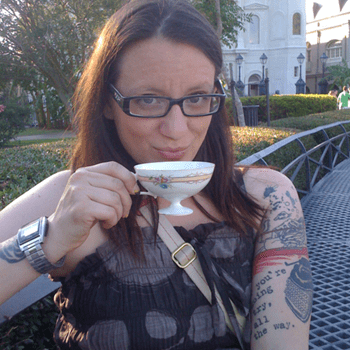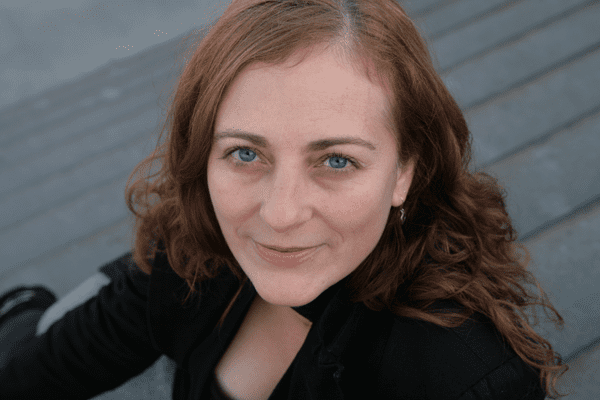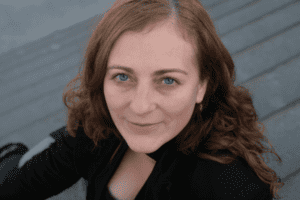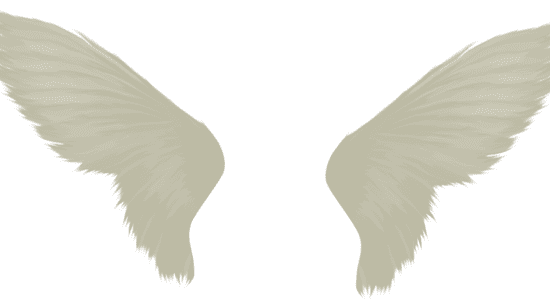Tell us about yourself.

My name is Cherie Dimaline and this year I’ll be 38. Yipes! That’s crazy; I have no idea how that happened. First and foremost, in everything that I do, I have to properly introduce myself. I am Metis/Anishnaabe on my mother’s side. My family’s Metis roots travelled from the original Red River settlement where my ancestors fought alongside Louis Riel, and my Anishnaabe family roots stretched from communities along the journey from Manitoba to where we are now, near Christian Island First Nation on Lake Huron. My grandmother spoke her language and raised us to evolve, grow and succeed within the strength of our indigenous worldview. I am who I am because of the people who came before me.
In 2007, my book of short stories Red Rooms was published by Theytus Books, an amazing Aboriginal publishing house out of BC. After that, everything changed; I travelled the world, people wanted to hear me read my words out loud at podiums and on panels and I could call myself an honest-to-god author. Then again, nothing changed. I still had to work a day job and sometimes I paid my rent with an American Express card. But that’s writing, I guess, it really cannot be for anything other than the love of it. Anyways, now I am the editor of several magazines: Muskrat and FNH (First Nations House), and this year I’ll also be taking over the reins at a national in-print Aboriginal magazine. I recently contributed to a gothic anthology that Joyce Carol Oates tweeted about (yes, I am such a nerd that I am including a tweet in my bio). I’ve also penned a children’s book for on-reserve elementary schools, contributed to two new McGraw Hill-Ryerson textbooks for high school English students and have had the honour of being invited to present my work as part of an exhibit at the Museum of Civilization in Hull this coming summer. My first full length novel The Girl Who Grew a Galaxy will be released this spring and I’ll get to travel the world all over again. This novel was written half here in Canada and half in New Orleans, a city I have grown to love. It’s a city where anything can happen. For example, New Orleans is where I met my best friend, even though her reserve is really close to my home community on the Georgian Bay and we’d both lived in Toronto for more than a decade in the same urban Aboriginal community. I also have another book of short stories in the barrel and will start sending that out into the world looking for a publisher this year.
I have three kids between the ages of 20 and 6 and I collect teacups, books and tattoos.
When did you realize you had a passion for writing?
It was definitely the first time I saw words embedded in paper in my hand-me-down collection of Dr. Seuss books. I was rabid to learn them, to figure them out, to employ them. That sounds far-fetched, but honestly, I knew I wanted to create and play with stories before I could read. I guess the real passion started messing with my life shortly thereafter when I’d gotten in trouble in class for writing stories when I was supposed to be learning math. My mom would have to kick me out of the house to play “like a normal kid” when I was young. One day, I wrote an entire story on the bottoms of my shoes with a pen I had stuck in my hair on one of those ‘get out of the house’ excursions. I had to ride my bike home on the sides of my feet so it wouldn’t smudge. Writing is something that has never been far from my thoughts and feelings. I greedily steal moments and fragments from my life and others so that I can write about it later. I have been known to stop in the middle of an important event to write about it. (Confession: I wrote on my wedding day and while in labour with all 3 of my kids.)
What pieces of writing/authors have had the greatest impact on you?
There have been so many writers that have impacted me over the years. I have a series of tattoos I like to call my ‘nerd sleeve’ that pays homage to several of them. It is comprised of Anaïs Nin, Charles Bukowski, and Hunter S. Thompson. And while I may not have the same style as any of them, each of these writers demonstrated on a daily basis a commitment to the art of literature that was theological. That is what inspires me; handing over your entire soul to the craft of words and communication. There are other people, non-writers, who give me the same kind of inspiration; people who live to serve their art. A recent example would be from Jiro Dreams of Sushi, a documentary about an 85-year-old sushi master who has worked every day at making sushi for over 6 decades. Every day. As the title suggests, he even dreams of sushi, and never once, has he ever hated or grown bored of his job. That’s dedication. With one phrase: “In order to make delicious food, one must eat delicious food. Otherwise, how will you get the palate to know good from bad?” He has inspired me to be better by being more studious and diverse so that I can improve my writing.
That being said, if there were only two pieces of writing I could suggest in terms of the way they slide between my ribs like a blade and crack open my chest to get to my heart the quickest, they’d have to be “The Love Song of J. Alfred Prufrock” by T.S. Eliot and “heat” by Charles Bukowski. Interestingly enough, they are both poems, and I am no poet. But great writing is great writing.
How and when do you find time to write?
Sleep is optional. LOL! Seriously though, you MUST make time. I’m trying to think of an apt metaphor here, and I suppose the only way I could equate it would be—a child who grows the strongest, the most well-rounded and prepared to face the world is the one you give time, love and guidance. It’s the same with the projects and jobs of your life. The ones you have invested with your time and energy will always be the ones that take centre stage. If you really want to be a writer, the kind of writer that truly makes a go of it, you MUST give your writing centre stage. It’s not going to be easy; I have 4 jobs and 3 kids and all of them are quite lovely and successful in their own ways, but I have to make time for writing, even if it means scribbling out notes on the back of a menu or skipping a night out at the end of a long week so that I can hash out a character’s back story. It’s damn hard work, and it’s worth every second.
What has been some of the biggest challenges you’ve faced as a writer?
Doubt. It is a writer’s worst enemy. Collect your rejection letters and then start a bonfire. Learn what you can from mentors, experts and bestsellers, and then do better. Take criticism into consideration but never let it dampen your own fire, and be prepared to fight for it.
How have you changed as a writer over the years?
I cringe when I think of the highly romanticized drivel I used to write, like Jean Paul Sartre says in Nausea: “scribbling like a little girl with a nice new notebook.” But, we all have to go through it I suppose. I am a better writer now because I have come to appreciate that my vision is great, my style is unique and important, BUT there are rules to the craft of writing. And even if you choose to break those rules, you better know them first and that it is a conscious decision and not just an oversight. I read more widely and I study every day. If there is a sentence I like, I write it out in my own handwriting and pull it apart. If there is someone writing in a style similar to mine, I read them and find where we intersect and where we part and make sure that what we do similarly—I am doing it better. Most importantly, I trust my writing self, that’s the biggest change. Don’t get me wrong, I love a good editor—I just had the absolute pleasure of working with New York Times bestseller Eden Robinson on Girl Who Grew a Galaxy. I take direction, but also trust the direction I take and I always give merit to the original thought. In the past, I would crumble and cave under advice and criticism and it never worked out.






